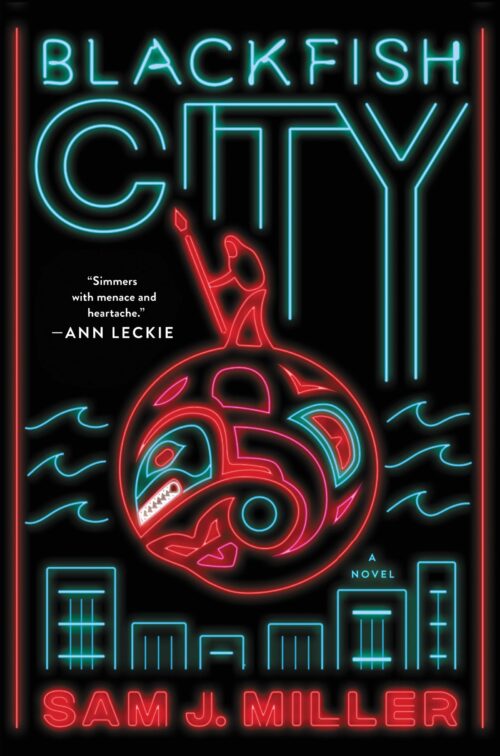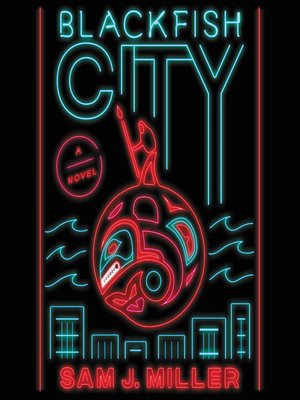

Science fiction is a notoriously difficult genre to pin down. There’s an imaginative pull to his universe, strongly felt in the first hundred pages or so, which is also present in the novel’s blurb and is what attracted this reader to the book.įor all those traits, I’m less certain overall of how well Blackfish City achieves what it sets out to do, and additionally, how well it fits the genre of science fiction. His prose is complex while maintaining clarity. Miller uses the device of a subversive podcast, City Without a Map, to do the heavy lifting of world-building exposition in a more or less natural way. As the characters’ threads come together, the plots of each character converge into a single narrative track, although the point of view transitions continue right up to the very end of the novel. In the beginning, the relationship between these characters is unclear, and Miller uses the familiar device of having a chance encounter from one character’s perspective be repeated when the other character’s turn comes up, but from their point of view. The novel jumps between four points of view: Fill, Ankit, Kaev, and Soq. Real power lies with an eerily secretive group called “the shareholders,” who enforce all real policy through a complex system of AI agents running Qaanaaq’s computer systems. But, as becomes clear early in the novel, the manager has no real political power. Composed of eight arms attached to a central hub, each arm has a “manager,” something like a mayor. It was built by a consortium of Swedish, Thai, and Chinese business interests and is politically autonomous. The city of Qaanaaq is one such city, situated off the coast of Greenland in the now iceless Arctic Ocean. Many new polities have struck up in the form of floating, ocean-bound cities.

The novel is set in the twenty-second century, a time when flooding and political upheaval have destabilized most of the globe. And most importantly, over time, I learned how to empathize with members of those other disciplines, to try to see problems their way as well as my own.Įffective team software engineering, I discovered, is also effective team leadership, and with leadership comes power, and with power comes a host of new hazards to be navigated.īlackfish City is a novel about power, its application, and about the empathy required to use it well. I learned how to ask for help in the right ways when I ran into a problem that couldn’t be solved with code, a problem that needed a skillset from somewhere else in the office. I resolved my plight by doing what all software engineers do-I broke down the problems facing me into bite-sized, manageable chunks and dealt with them one at a time. It didn’t help that I was surrounded by people who had been engineering software for years, even decades, longer than I had. As a junior professional software engineer, I experienced acute imposter syndrome.


One of the many hats I wear is that of a professional software engineer.


 0 kommentar(er)
0 kommentar(er)
